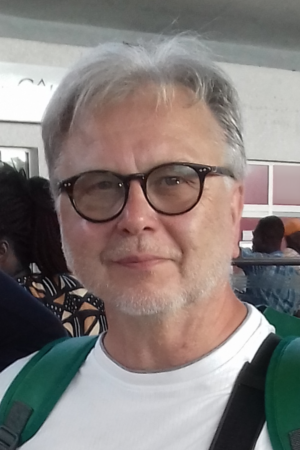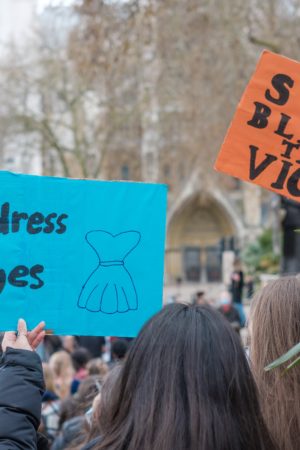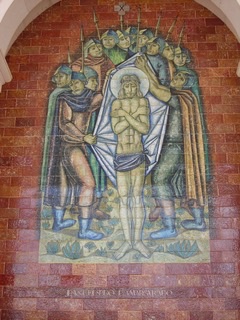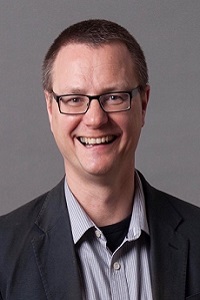Now available! The recording of Professor David Tombs and Dr Jayme Reaves speaking at the Sheffield Institute for Interdisciplinary Biblical Studies (SIIBS) on 16th January 2018.
Click here for more information on the ‘When Did We See You Naked’ Project.














